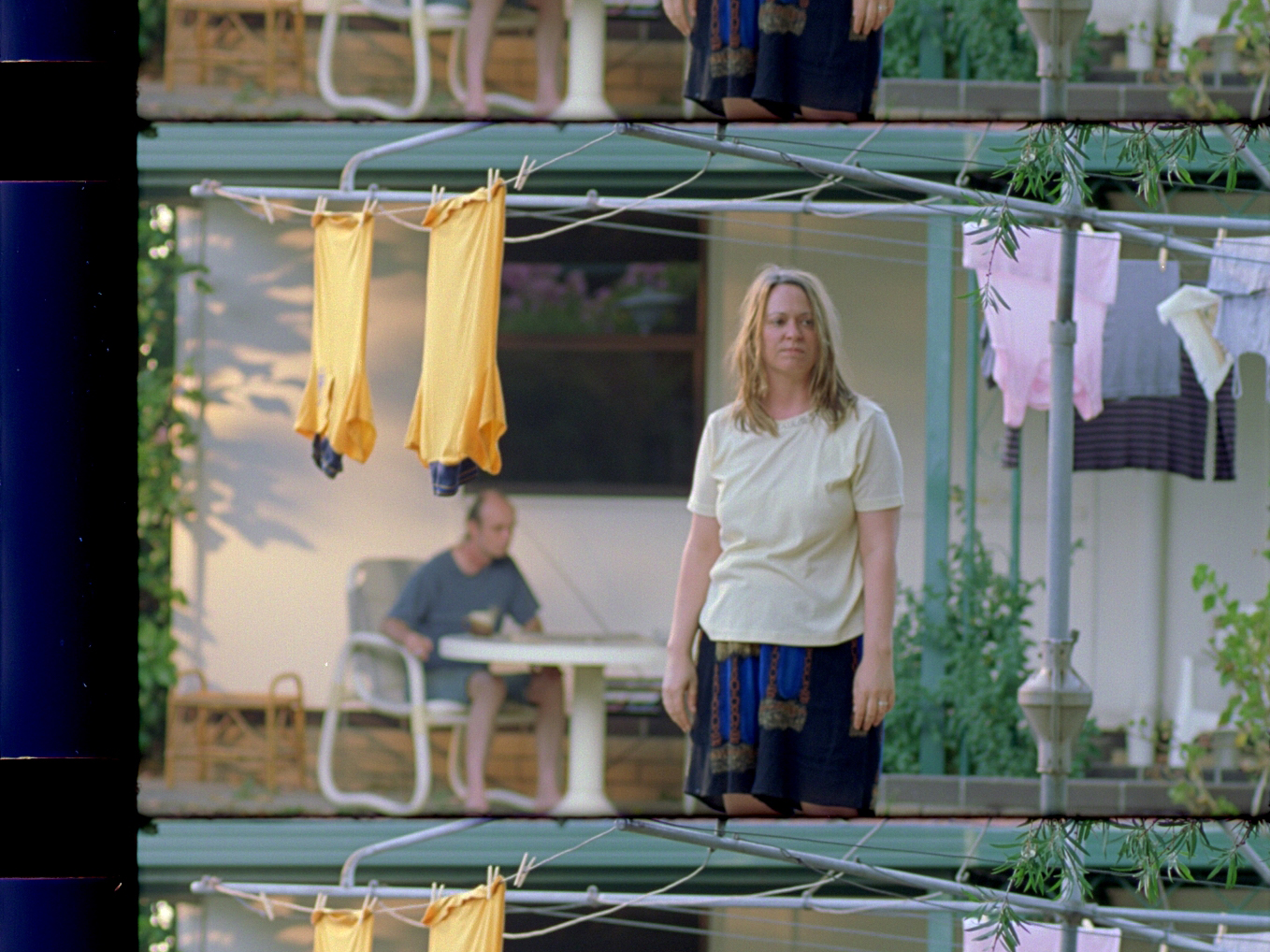
- Festivals
Tim Barretto’s “Bassendream” – A Slice of Life
Set in the 90s in Western Australia, Bassendream is a coming-of-age drama written and directed by Tim Barretto. In his debut feature, he takes the audience on a nostalgic journey through one particular day in Bassendean, a suburb of Perth, on the final day of the summer school holidays.
Although the feature is steeped in local culture, Bassendream presents universal themes of friendship, family, community and belonging. Barretto has previously traveled to exotic locales to make documentaries and narratives such as Aceh: Beyond the Tsunami and Mountain Dew in Indonesia and India, respectively, and his latest offering, in which he stays close to his Australian roots, is his most personal project yet.
Barretto conducted a Q & A at the Brisbane Film Festival where the 80-minute film was presented. He says of the project’s genesis, “It was conceived more than ten years ago. I was sitting around [with friends] talking about our childhood and the unchained freedom that we had and how it shaped us and gave us our confidence to be where we are today,” he explains. “I feel like lots of people that came up through that suburb who I hung out with, played games with, and made cubbies (a makeshift outdoor playhouse) with, or got into trouble with, have all talked about how that suburb could develop your character rather than your immediate family could.”
“It was a communal shaping,” he muses. “I think [these times we live in] has lost a bit of that. So, I asked many people from that era to talk about their stories and share their experiences, and then I fictionalized it from there.”
The film was shot over two summers with a cast that includes Calen Tassone, Jeremy Bunny, Lis Hoffmann, Luke Koller, Kingsley Judd and George Wilkinson-Derums. Barretto’s wife, Melanie, played a significant role behind the camera in co-producing the film. He said, “She ran the show. She’s incredible.” As for how much of the film is autobiographical, he admits, “It’s really a mix. I should have a disclaimer at the end reading, ‘If any characters seem real, it’s purely fictional and coincidental.’”
Evidently, during Barretto’s formative years in Perth, the kids in the community were very much left to their own devices and he cleverly conveys that sense of freedom in the feature. “Really, for me, growing up meant that you were out for the day and then you’d be back at night with the adults.”
The director utilizes the oppressive and ubiquitous heat as a character in the story, or at least a plot point that drives the narrative forward. “I wanted to represent heat as much as possible. Heat in Western Australia is a really dry heat and it’s brutal,” he says. “It’s the desert. It feels raw; it’s hard work. We shot it in the heat, we made it in the heat, and we captured the heat. We also show how the heat can affect your mind and sensibility.”
Like many independent productions, the execution was very much a grassroots operation with much of the cast and crew hailing from Bassendean.
“Yeah, I’d say fifty percent of the cast and crew were from Bassendean,” he admits. “We would cast in the local community hall where we also did auditions. We’d play games and suss out who felt like they could be on this journey with us. It was like a summer school holiday camp where we all did Bootcamp together and came out of it with a movie.”
As charming as that might sound, Barretto must have had his work cut out for him dealing with young actors and practical last-minute issues. “Well, everyone had fun. We look back on the shoot in a positive way and we felt like we did it in the only way we could tell that story. And for me having that kind of access, it was like I had the keys to the suburb,” he smiles. “If I needed someone’s house, I would just knock on their door and go, ‘Could I use your toilet?’ or ‘Hey, do you mind if we shoot your car tomorrow at x time?’ They’d be like, ‘Yeah, I’ll come down and watch.’ I wasn’t trying to make it a closed set, and I really wanted to involve people that passed by.” Clearly, his inclusive style of filmmaking served the film well. “All the community chipped in. We were a team.”
Although Barretto’s film, a tribute to his beloved suburb of Bassendean, was shot and produced in ad hoc fashion, the result is a beautifully crafted slice of life.

